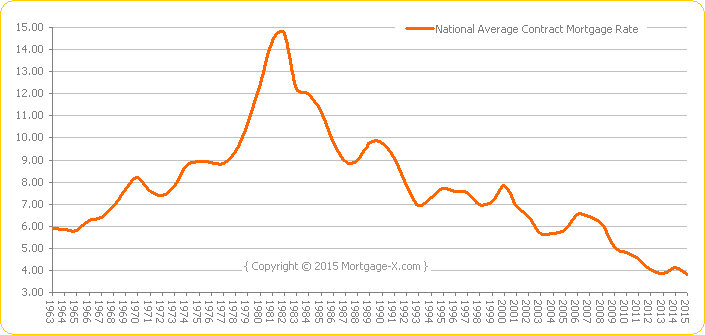 Should you spend the money on a real estate commission or save that money by selling your home by yourself? That is a question many home sellers ask themselves. Today, we want to discuss why it is crucial to have a true professional guiding you through the minefield of challenges that exist in the current real estate market.
Should you spend the money on a real estate commission or save that money by selling your home by yourself? That is a question many home sellers ask themselves. Today, we want to discuss why it is crucial to have a true professional guiding you through the minefield of challenges that exist in the current real estate market.
The housing market today is more challenging than it has ever been and seems to be becoming more difficult each day. What impact will foreclosures have on prices? Which loan products that were available just last month are no longer available? How do you convince perspective purchasers to pull the trigger on an offer when everyone is telling them that they should see another 100 houses before they make a decision? These are tough questions for a trained, experienced professional. The lay person would find it almost impossible to keep abreast of this rapidly evolving industry.
Here are five important reasons to use a real estate professional:
1. Pricing Is Difficult
Just a few years ago, you didn’t have to worry about overpricing your home. If it was too high, all you needed to do was wait as historic appreciation was taking place. The situation is quite different today. With experts calling for another drop in home values, overpricing your property will cost you time. In this market, time costs you money. A professional real estate agent will discuss how increasing inventory could dramatically impact the value of your property in the months to come. They will help you set the right price in today’s market.
2. Negotiating Ability Is Crucial
Buyers today have an almost unlimited supply of homes from which to choose. They realize that puts them in a great negotiating position. Most buyers are now being represented by an agent. Sellers need to also be represented by a professional expert trained to negotiate real estate contracts.
3. Mortgaging Is Key to the Deal
The biggest impact of the housing market collapse is that lending standards are much stricter today than they were a few short years ago. Rules are constantly changing. Even FHA has gone through a guidelines overhaul in the last several months. You need a real estate expert who has teamed up with a knowledgeable mortgage professional to make sure that the buyer in the deal is in fact capable of obtaining a mortgage. Losing time with an unqualified buyer costs you money in a market where prices are falling.
4. Your Family’s Safety
We have always found it puzzling that the same person that will lock every door and window and set the alarm today will then allow total strangers into their house tomorrow. The real estate industry trains its practitioners to take steps to protect themselves and their clients. Take advantage of putting a person between you and the person calling on an ad or yard sign.
5. You Probably Have More Important Things to Do
Selling a home could turn into a full time job. Learning the necessary disclosures, coordinating the dates of your closings, dealing with a challenge regarding your appraisal and re-negotiating the offer after an engineer’s report are just a few of the concerns you may face. You would probably be better of spending that time with the items important to you and your family and leaving the challenges to your agent.
Bottom Line
To make sure the sale of your home is handled professionally – hire a trained professional. In the long run, you will wind-up with more money in your pocket and have less challenges with the move.
Republished with permission. Courtesy of http://kcmblog.com.
